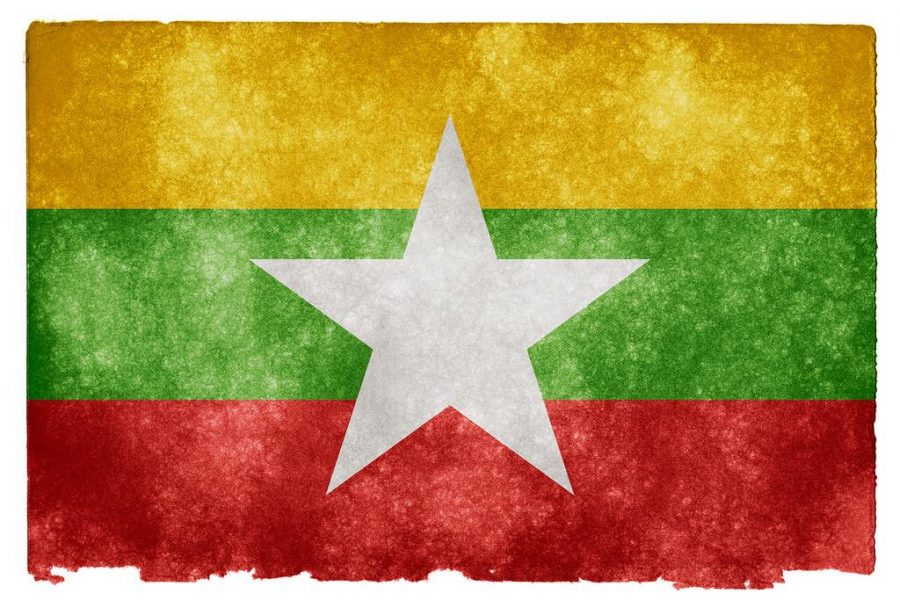The news cycle this past week has been pretty vapid. If it’s not about one of the Kardashian/Jenner sisters being pregnant, it’s about President Trump calling for boycotts of NFL games over players taking a knee. It’s not necessarily a bad thing to care about issues like this, but I think it’s important for us to be reminded of the incredibly pressing issues of our times. In this article I would like to bring to light an issue that maybe not every one is aware of. Right now there is a borderline genocide occurring in Myanmar/Burma.
The schism has existed for centuries, but it’s become violent in the past couple of years. When one decides to look into the matter a little bit, it becomes no surprise why the Rohingyan Muslims are considered the most discriminated against minority in the world. For the uninitiated though, the Rohingya are a population of people who reside in the Rakhine state of Myanmar. They are primarily Muslim in a predominately Buddhist nation. I’m sure most of you can see where the problems begin to arise. The Rohingya have been a prominent humanitarian issue plaguing Myanmar for decades. Since 1982, members of the Rohingya have been denied citizenship status in Myanmar. Instead of being treated as people of the state, they are treated like illegal immigrants in their own land. Because they do not hold citizenship status, it’s hard for us to estimate accurately how many Rohingya are in Myanmar, but many pin it to be over a million.
Rakhine is considered to be one of the poorest states in Myanmar, and the Rohingya live in ghetto-level camps where their movement is limited by the government. For decades authorities have cracked down on the people of Rakhine, and there have been reports of incredible atrocities in these raids and investigations. Everything from torture, murder and rape have been on the list of humanitarian crimes committed against the Rohingya. As a result, nearly a million have fled the region to neighboring countries like Bangladesh and Malaysia to escape.
To bring us back to the present day, the violence escalated rapidly in 2016 when it was reported that nine members of the border police were murdered in Rakhine. This would serve as the incentive for authorities to pour into the state under the guise that the state was out of control and needed to be suppressed. Since then, many more have made attempts to flee and images of entire villages set ablaze have surfaced. Luckily, despite the continual denial and ignorance spoken by officials in Myanmar and the lack of coverage, this has not escaped the attention of the international community. The United Nations has accused Myanmar of “ethnic cleansing” and found it very likely that soldiers have committed these crimes against the Rohingyan people.
This monstrosity gains another level of outrage when the hypocrisy of the government’s actions come into light. The current de facto leader of Myanmar is Aung San Suu Kyi. As some may know, Aung San Suu Kyi is a Nobel Peace Prize laureate who earned the prestigious award for her humanitarian efforts in the country during the 1980s and 90s. For her government to carry out these barbaric acts should enrage and confuse anyone who values human rights. When asked about the situation, Aung San Suu Kyi always blames the unrest in the region on “terrorists.”
And while it cannot be denied that some of Rohingya have become radicalized and have resorted to violence, how can anybody expect any different? After decades of unimaginable treatment like this, it’s only natural that this fear and resentment would become the fuel for radicalization and aggressiveness. That’s not to say that their actions are forgivable, but are simply a product of their own creation.
Hopefully this article serves as a wake up call to activists on campus. It’s time that the actions in Myanmar are brought into the light and garner some of the outrage that they should. We need to be loud in our opposition of the treatment of these people, whose crime against the state is believing in another religion and living in a country that has turned its back on them. You can continue to be mad and laugh at Trump and his unnecessary rage over athletes practicing their free speech at games and on Twitter, but don’t let that distract you from some of the great issues plaguing our modern world.



